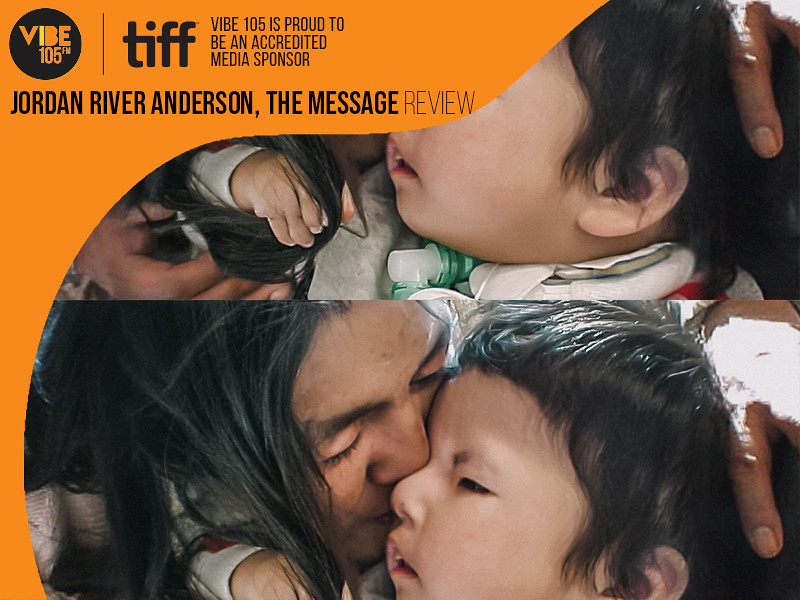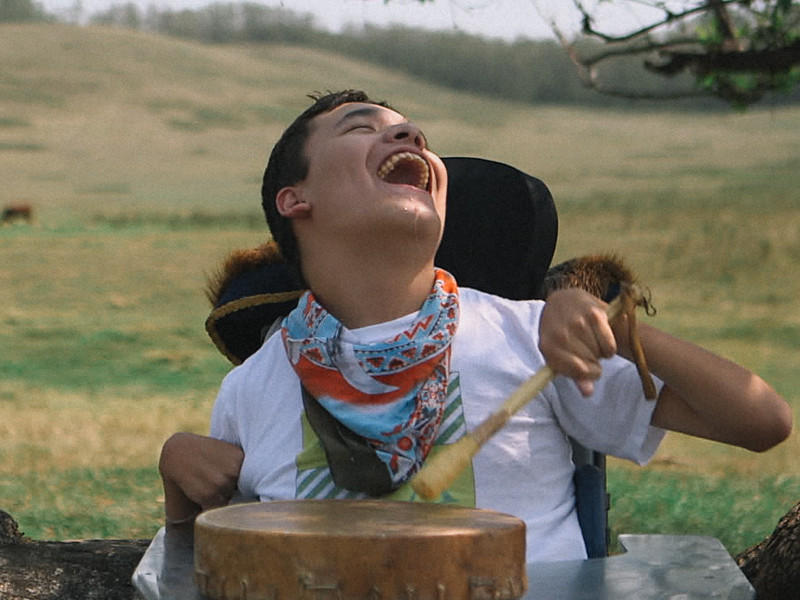|
By Benjamin Akpan Canadian-Abenaki filmmaker Alanis Obomsawin has devoted her half-a-century long career to highlighting stories that advocate for First Nations people. At 87 years old, she has directed 53 documentaries that bring light to the issues and successes of Indigenous Canadian groups. Obomsawin has never concerned herself with entertaining viewers; the painstaking manner with which she approaches her subjects proves that all she cares for is the point she seeks to make, and – 53 films in – she has never failed in getting her point across. With her latest documentary feature Jordan River Anderson, The Messenger, Obomsawin turns her lens to the egregious discrimination faced by Indigenous Groups at the hands of the Canadian Government and its healthcare system. This deeply political film looks into the systemic subjugation that First Nations people are perpetually subjected to. Obomsawin serves as a much needed voice for a group who have historically been stripped of their rights to basic humanity. Jordan River Anderson, a member of the Norway House Cree Nation of Manitoba was born with a rare muscle disorder known as Carey-Fineman-Ziter syndrome; a condition with only eight known cases since its discovery in 1982. Jordan could not cry, let alone speak, and was fed through a tube. As a result, he needed intensive care from medical professionals. Unfortunately, Jordan only lived for five years, and spent all that time in a hospital. Here’s why that piece of information is wholly ridiculous: the Canadian federal government and the Manitoban Provincial government could not come to a conclusive decision as to who was responsible for Jordan’s health care, resulting in zero funding to provide special housing for Jordan and his family. This argument, of course, was due to Jordan Anderson’s Indigenous heritage. © Youtube | TIFF Trailers Since Jordan’s passing in 2005, Indigenous people have had it a lot easier to access adequate healthcare, but it didn’t happen overnight. It has been a long, winding road, and Jordan River Anderson is at the forefront of the journey. In 2007, following growing criticism and an intense legal battle, Canada’s Parliament passed a motion in support of ‘Jordan’s Principle,’ a policy that would ensure First Nations children could receive the much needed healthcare. But the passing of said motion barely effected any changes; no First Nations children actually received care on the basis of the Principle. Yet, their fight for equality did not end there. Following appeals too many to count, tribunals, and even compliance orders against the Canadian government, Jordan’s Principle finally became law in 2017, making healthcare all the more accessible for Indigenous groups and their children. Featuring personal interviews from Jordan’s family members and many other Indigenous families faced with similar discriminatory acts, Obomsawin exposes the government’s brazen disregard for the rights of Canadian First Nations families. In a Q&A following the film’s premiere, Obomwasin expressed her joy for the successes of the Principle: “For the longest time, people always said that Indigenous People were always complaining... I’m very happy to have lived long enough to see the difference.” As an Indigenous person herself, Obomsawin steers clear of sentimentality. She expertly outlines the entirety of Jordan’s story and the journey to equality without getting too attached – after 53 films, it’s a skill she has come to hone. And even though its subject matter is touching in and of itself, the formulaic structure of the film stifles its overall impact. Nevertheless, it’s an important piece of history that should rile a person up emotionally, regardless of its disorderly execution. Though a lot of progress has been made, Obomsawin’s documentary proves that there’s still a lot of work to be done. Jordan’s Principle only applies until age 21 – and that’s under the condition that they remain in school; otherwise, it’s limited to when they turn 18. And even when they’re still under eligibility, there’s a profusion of red tape that’s just as oppressive as the lack of the Principle in the first place. It’s an intense fight to equality (though it shouldn’t be), but Obomsawin shows that Indigenous Peoples are up for the battle. *Editor’s Note: Jordan River Anderson, The Messenger premiered at the Toronto International Film Festival ’19 as part of the MASTERS programme. |
Recent Posts
Categories
All
Archives
February 2022
|
|
GET THE APP!
Listen to VIBE 105 anywhere you go!
|
OUR STATION
|
TUNE IN RADIO
|
STAY CONNECTED
|
Copyright © 2021 Canadian Centre for Civic Media and Arts Development Inc. Except where otherwise noted, presentation of content on this site is protected by copyright law and redistribution without consent or written permission of the sponsor is strictly prohibited.




 RSS Feed
RSS Feed


